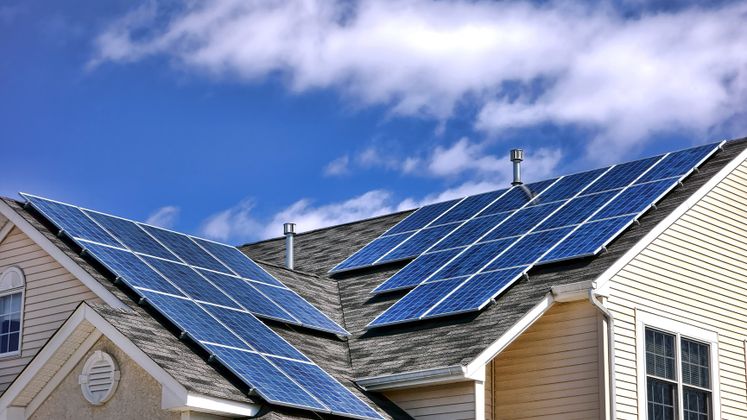Feb 28, 2019
Virginia joins nationwide calls for greater utility transparency

Source: https://newsroom.edison.com/stories/southern-california-edison-proposal-continues-support-of-solar
All across the nation momentum is building as ratepayers, consumer advocates and other stakeholders call for greater transparency from our electric utilities.
Adding to those voices is an editorial written this week by Secure Futures’ CEO and President Tony Smith. The article critiques the process in which a bill purporting to expand the ability of customers of electric cooperatives to get rooftop solar was created this year in the notoriously utility-centric “Rubin Group,” and argues that we must create “more transparent and inclusive ways to develop our energy policies.”
While some view the coop solar legislation as a true compromise between our electric cooperative utilities and solar and other environmental advocates, the ramifications of this bill could potentially affect the economics of distributed solar in cooperative territory.
Senate bill 1769, patroned by Sen. Glen Sturtevant (R-Midlothian) and House bill 2547, patroned by Del. Tim Hugo (R-Fairfax) include several provisions that will allow the distributed solar market to grow in the state’s electric cooperative service territories.
These bills widen the net metering program for customers of electric cooperatives, legalize third-party Power Purchase Agreements (PPA) for tax-exempt entities in electric cooperative service territories, and allow all classes of coop customers to install enough renewable energy to meet up to 125% of their previous year’s demand (up from 100%).
The legislation also establishes a post-net metering model that implements demand charges on all solar net metered customers in electric cooperative territory, phased in over a five-year transition period following an initial five years, and enables the co-ops to enact new solar tariffs without SCC review or approval.
These demand charges start at a maximum of $0.50 per kilowatt (combined distribution and supply charge) in year six and increases to a maximum of $2.00 per kilowatt by year 10.
To read further into how the economics of solar could be affected in the future, check out Smith’s editorial here.
The same bill sets up a stakeholder process between Virginia’s investor-owned utilities, solar advocates, energy efficiency advocates and other “relevant” stakeholders (as determined by our leading investor-owned utility, Dominion Energy) to create a post-net metering model for our investor-owned utility service territories.
This process is slated to begin as early as March and could continue into early 2020. Given that the outcome of these negotiations will largely shape the future of Virginia’s solar industry, we must hold our utilities accountable to transparency and true democratic process throughout these and other on-going negotiations that not only affect ratepayers and Virginia-owned businesses, but also affect the economic health and prosperity of the Commonwealth.
— Rachel Smucker, Secure Futures Solar